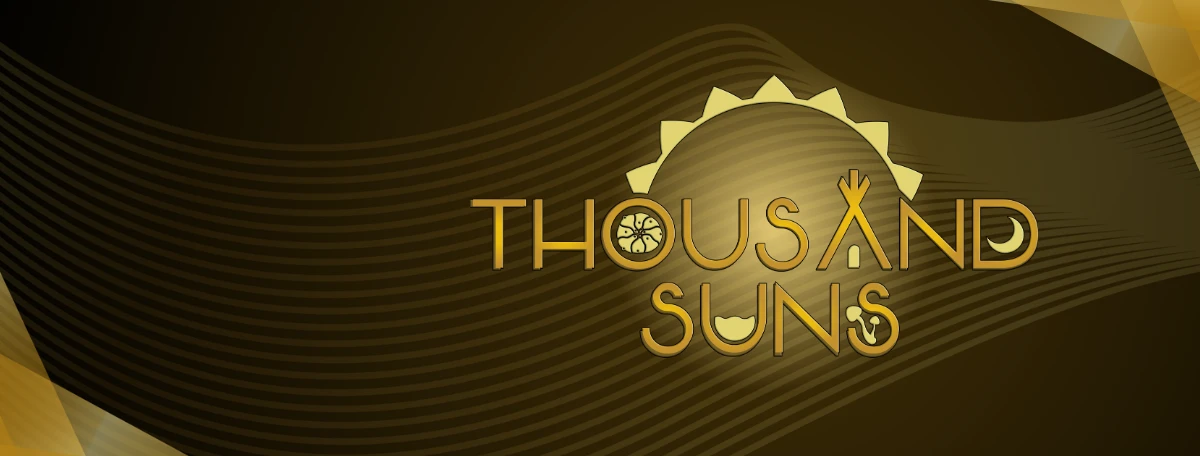We Are All Creatives: Reclaiming Expression in a World Focused on Survival
What if we lived in a world where creativity was nurtured instead of suppressed by the need to survive? Many of us grow up believing creativity belongs to a select few—the artists, the musicians, the dreamers—while others are destined for practicality. But this division is an illusion. We are all part of creation, and creativity is our birthright. The challenge is reclaiming it in a world that prioritizes consumption over expression.
Creativity is Our Birthright
We often separate people into categories: the practical versus the dreamers, the logical versus the artistic. But in truth, these are not opposing forces—they are different expressions of the same human essence. Creativity isn’t reserved for the few; it belongs to all of us. The question isn’t whether we are creative—it’s whether we feel safe enough to express it.
I grew up drawing, building, and imagining. Interestingly, I felt that my creative spark came from my father, even though I never saw him draw or express himself freely. In many ways, he had abandoned his own creativity for the sake of financial security. He chose stability over self-expression, not realizing that in doing so, he was passing down both his creativity and his unspoken fears about using it.
How External Pressures Stifle Creativity
A famous study on children and creativity illustrates how external rewards impact motivation. When children were asked to draw, one group was promised a reward, another received an unexpected reward, and a third had no reward at all. The result? The kids who expected a reward eventually lost interest in drawing, while the ones without an expectation kept enjoying it.
This experiment highlights something profound: when creation is tied to survival or external validation, it loses its joy. And in a world where survival is the priority, creative expression is often the first thing sacrificed.
My mother once told me that my father used to be expressive and creative before he left college. But when he stepped into the reality of business, responsibility, and societal expectations, he packed that part of himself away. How many of us have done the same?
The Cost of Suppressing Expression
Creation is an act of love, a gift to life itself. When we are unable to express, we fall into depression. Much of Western society is structured around consumption rather than creation, trapping people in a cycle of work, stress, and unfulfilled longing. Instead of contributing creative energy back into the world, we consume—to fill the void, to numb the ache.
We work not for fulfillment, but to sustain systems that funnel energy downward into material consumption rather than upward toward spirit and expansion. This is why so many feel disconnected, uninspired, and depleted.
A Glimpse of a Different Reality
When my partner Rabia took me to Bali, I witnessed a culture infused with creativity. Temples stood in every neighborhood, each one meticulously crafted. Villages were dedicated to furniture-making, arts, and sculpture. People weren’t afraid of making mistakes—they simply created, with devotion and abundance. Their security in life allowed their creativity to flourish.
This is what we are missing: a culture that values expression as much as survival.
Moving Into a New Renaissance
What would happen if we didn’t have to trade creativity for security? If we knew, without a doubt, that our needs were met, how would we express ourselves?
We are standing at the threshold of a new era—one where technological advancements and sustainable energy could free us from outdated labor models. Imagine a world where corporations no longer dictate our lives, where efficient systems serve the people rather than the interests of the few. The true spirit of democracy—once reserved only for white men—must now evolve to serve all people, empowering every individual to reclaim their creative essence.
This is the future we are moving toward: a renaissance of expression, a return to creation for the sake of creation, a world where we are not just surviving—but thriving.


